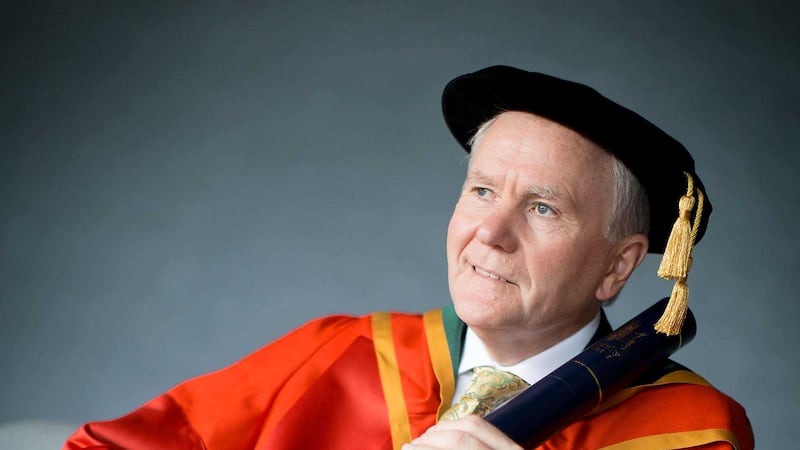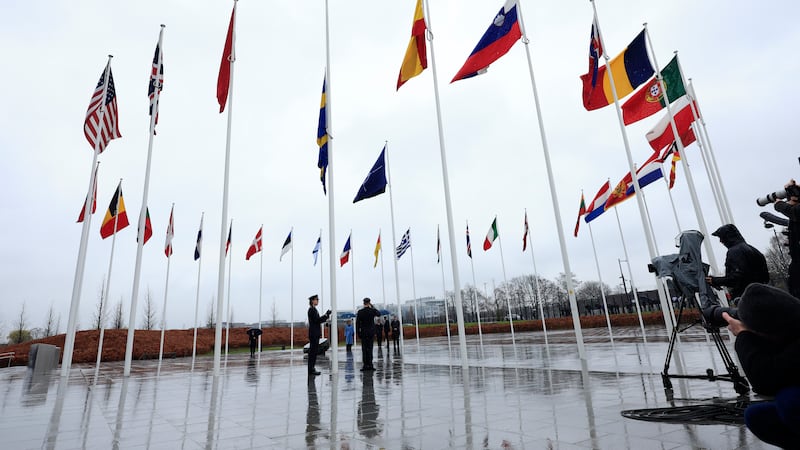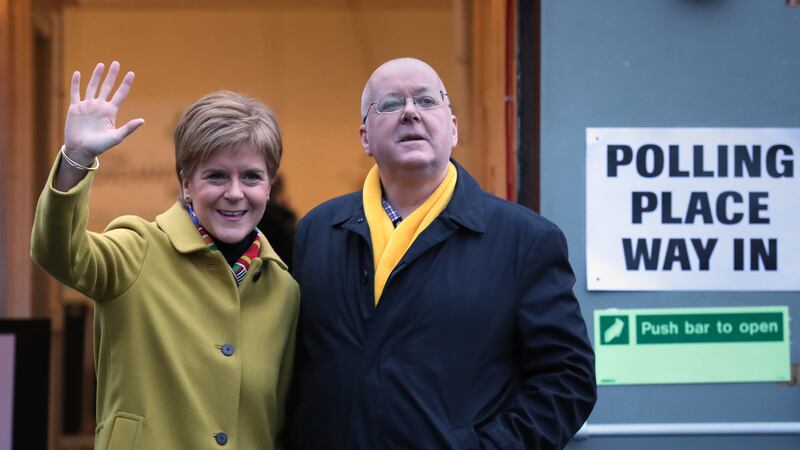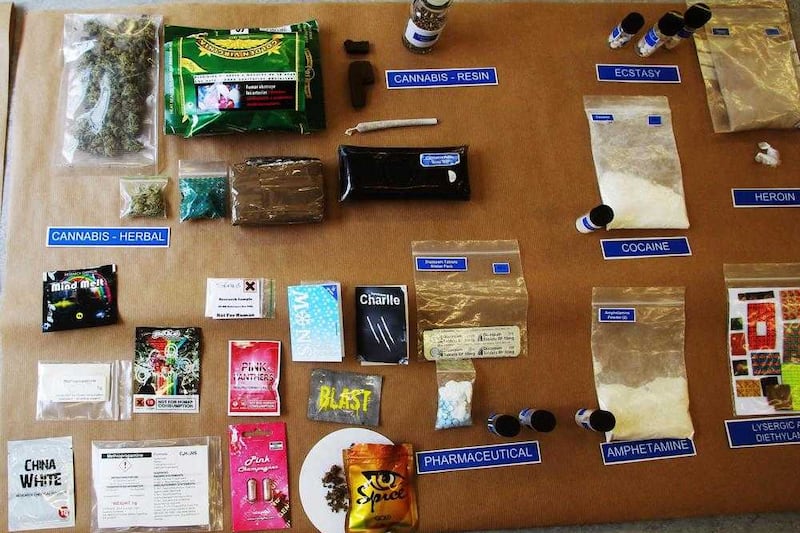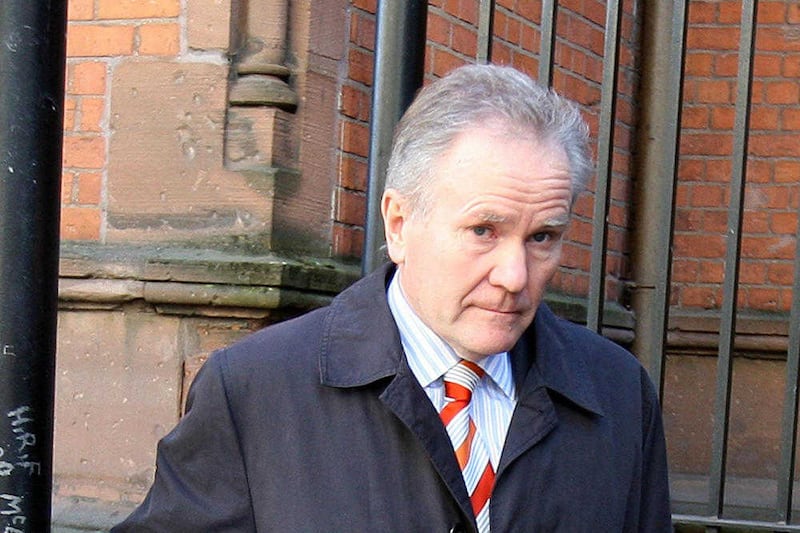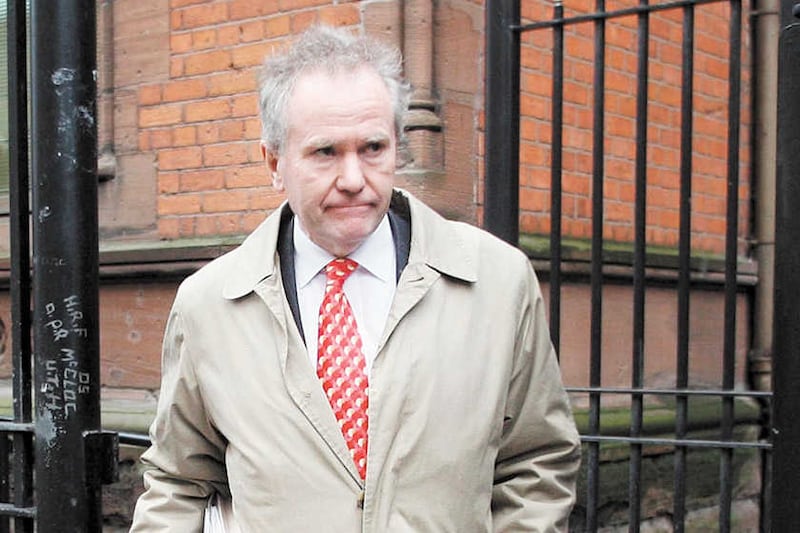NORTHERN Ireland's senior coroner has hit out at the "antiquated" inquest system at the end of his last case.
An emotional John Leckey (67) said the law governing hearings is stuck in the 19th century and needs to be overhauled in a way similar to England and Wales in 2009.
Legal colleagues lauded him as a "beacon of light" during the country's troubled past, as he stepped down having completed an inquest into the murder of Daniel McColgan – which the Belfast postman's family had waited 13 years for.
Mr Leckey said: "We are out of the mainstream of development in coronial law and practice and I hope very much that those who have the power to do something about our antiquated law will be proactive, look at what is happening in England and Wales and concede Northern Ireland needs to follow suit."
He has been investigating deaths since 1984, including Troubles cases dating back decades.
The senior judicial figure has also expressed frustration over delays surrounding security force killings in disputed circumstances; warning the Government it could be in breach of international law if it does not provide adequate resources to allow cases to proceed in a timely manner.
Yesterday, Mr Leckey said he was glad he had managed to conclude the McColgan inquest but admitted he would miss the intellectual challenge of working with lawyers.
"I had to make decisions, I did not get it right all the time, perhaps that reflects the fact that all of us are flawed human beings and we don't get it right all the time."
Representatives of the Bar and Law Society paid tribute to Mr Leckey's sense of humanity, humility and forensic attention to detail.
Chairman of the Bar Council Gerry McAlinden QC said: "This small and once bitterly-divided society owes you a great debt of gratitude because of your tireless efforts, coupled with your meticulous, forensic expertise.
"Due to those characteristics you demonstrated that regardless of the background of the accused, each death would be rigorously investigated with scrupulous fairness.
"You helped repair the tear in the fabric of our strife-ridden society - you were a beacon."
He said the coroner shone a forensic search light into the "murky recesses" of a troubled country, while enduring terrorist threats himself.
"Your career as coroner has spanned some of the worst of times in the history of this jurisdiction.
"You presided over investigations into deaths resulting from acts of barbarism which seem almost unimaginable now.
"Your exposure to those horrors no doubt took its toll on you and your family but was no distraction from finding the truth surrounding the deaths of those whose lives were lost in tragic and sometimes hugely controversial circumstances."
